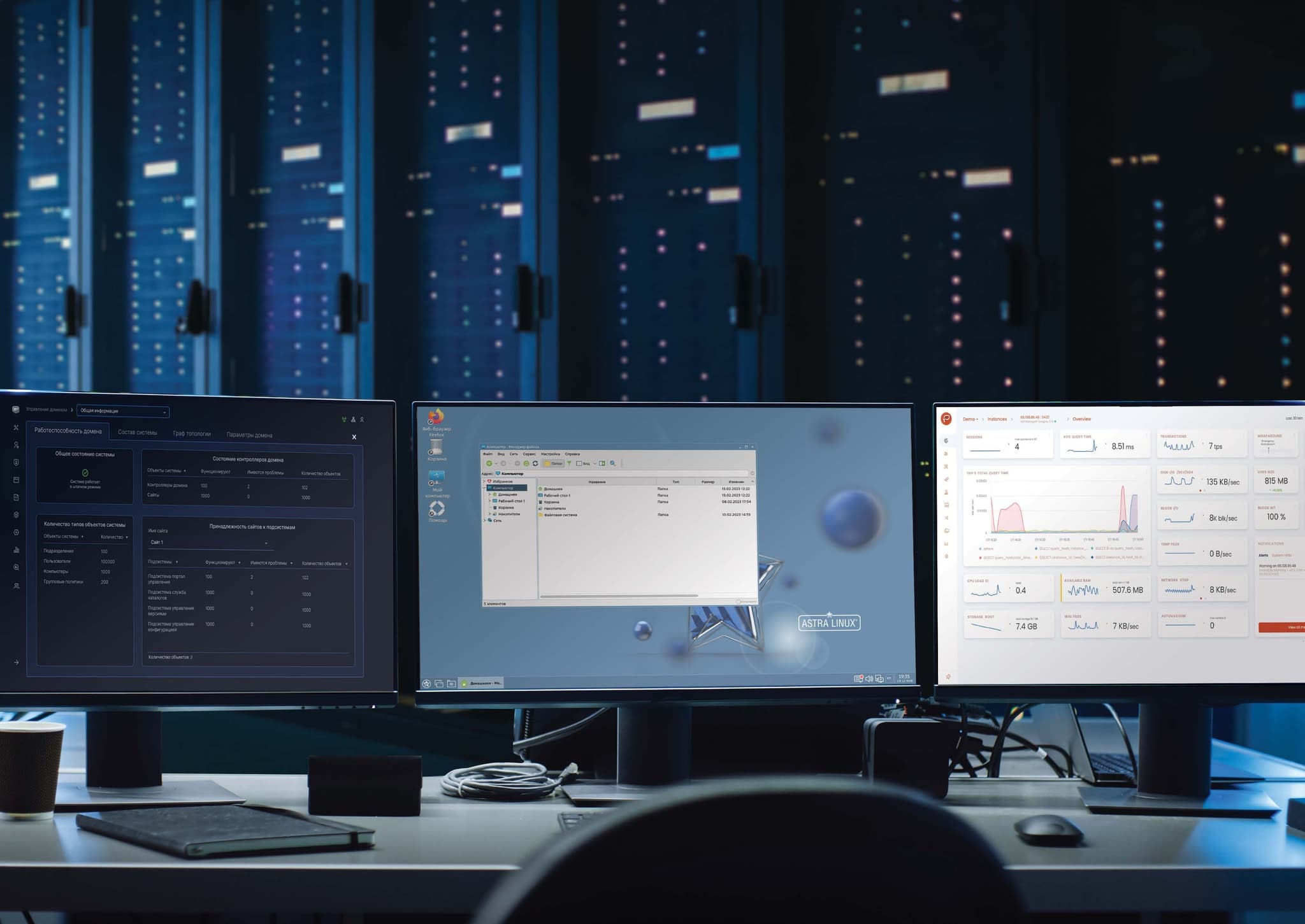NL data security: lessons from Russia
How can the Netherlands strengthen its technological sovereignty while maintaining international partnerships and democratic values?
Published on February 15, 2025

Merien co-founded E52 in 2015 and envisioned AI in journalism, leading to Laio. He writes bold columns on hydrogen and mobility—often with a sharp edge.
Russia is known for its digital aggression, from large-scale hacking attacks and ransomware to advanced hybrid warfare against NATO countries. At the same time, the country has undergone a remarkable transformation in the IT field, forced by Western sanctions. Whereas Russian governments and companies previously relied heavily on American software and cloud services, they have been forced to switch to their alternatives and open-source solutions. This development, however controversial the cause, offers interesting insights for Western countries. The Netherlands is also highly dependent on American tech giants for crucial digital infrastructure. How can the Netherlands work on increasing its technological sovereignty while maintaining international partnerships and democratic values?
The strategic necessity of digital sovereignty
Digital independence has always been a strategic goal for Russia, but implementation has been slow because the technology sector is strongly intertwined with American suppliers. Before the invasion of Ukraine, as much as 95% of all Russian computers ran on Windows. Microsoft also had a dominant presence in government institutions and large state-owned companies. This created a strategic vulnerability that became painfully clear when Western sanctions blocked access to updates and support.
This dependence was deeply rooted in the Russian IT infrastructure. Not only did companies and governments use Windows operating systems on a massive scale, but crucial services also ran on American cloud platforms. Western tech companies withdrew from Russia after the invasion of Ukraine in February 2022. Microsoft stopped renewing licenses and, together with Amazon, blocked access to cloud services from March 20, 2024. This forced Russia to accelerate its digital transformation.
From crisis to opportunity
The Russian government has seized this forced transition to strengthen its digital sovereignty. A concrete example is the development of Astra Linux, a Russian operating system developed specifically for government use. This system offers data security up to the top secret level and has been officially certified by the Russian Ministry of Defense. In addition, the Ministry of Digital Development has drawn up new policy rules that oblige companies to switch to Linux-based systems to be eligible for government contracts and tax benefits.
A combination of coercion and incentive characterizes the Russian approach. Software developers must adapt their products for Linux systems to be eligible for government contracts. This has led to a significant shift in the market, with developers having to reconfigure or even completely redevelop their software. The transition is not without challenges - for some complex systems, it is estimated that the adaptation could take up to two years.
Unexpected benefits
This forced transition has also yielded unexpected benefits. Russia remained largely unaffected when a global Microsoft outage shut down airports and businesses worldwide in July 2024. The Ministry of Digital Communications reported that Russian airlines and banks were not affected, which they attributed to their reduced dependence on Western software. This underlines the importance of diversification in critical IT infrastructure.
However, the Russian transition also has substantial disadvantages. The illegal use of Microsoft products has increased, with a 250% rise in Google searches for Windows 10 activation methods. The costs for companies are also considerable - adapting software for Linux systems often requires investments comparable to developing entirely new products. Furthermore, there is a shortage of Linux specialists, further complicating the transition.
Lessons for the Netherlands
The Netherlands can learn from this Russian experience without adopting the more controversial aspects. An interesting example is the French approach with GendBuntu, a customized Linux version for the national police force. This transition has led to approximately €2 million in yearly cost savings. The French experience shows that a gradual transition to open-source alternatives is possible.
The Netherlands could start by identifying the critical systems where digital sovereignty is most urgent. The recently announced plans of the Digital Affairs Committee for a historic digital reform offer a good starting point for this. By establishing a central Digital Service and improving the position of IT professionals within the government, the Netherlands can build more digital autonomy. It is crucial to maintain international cooperation while at the same time reducing dependence on individual suppliers.
A balanced future
The Netherlands' challenge is finding a balance between digital sovereignty and international cooperation. The Netherlands can opt for a more gradual approach, whereas Russia was forced to transition abruptly. This does not mean abandoning American technology altogether, but it does mean developing our alternatives for critical systems and stimulating European cooperation in this area. By investing in open-source solutions and local expertise, the Netherlands can work on a more resilient digital infrastructure without giving up the advantages of international cooperation.
